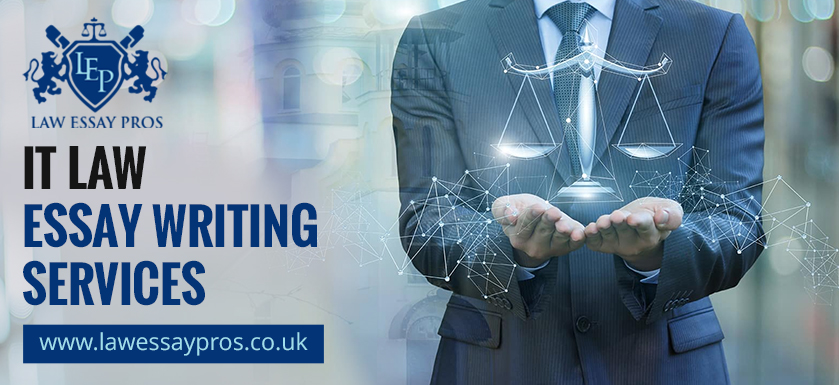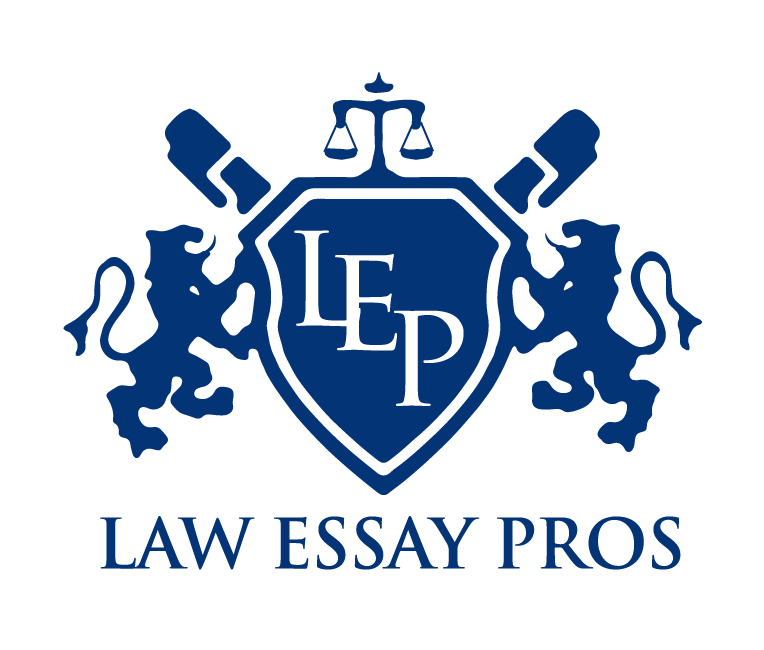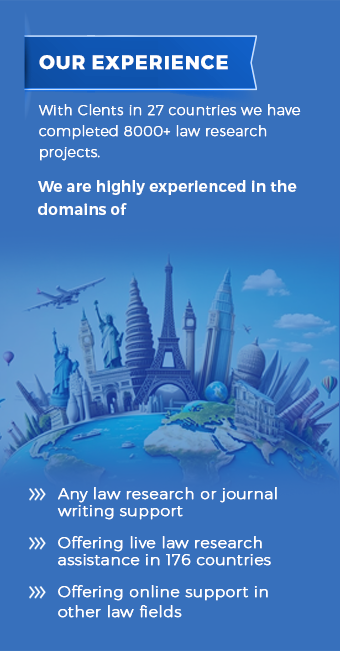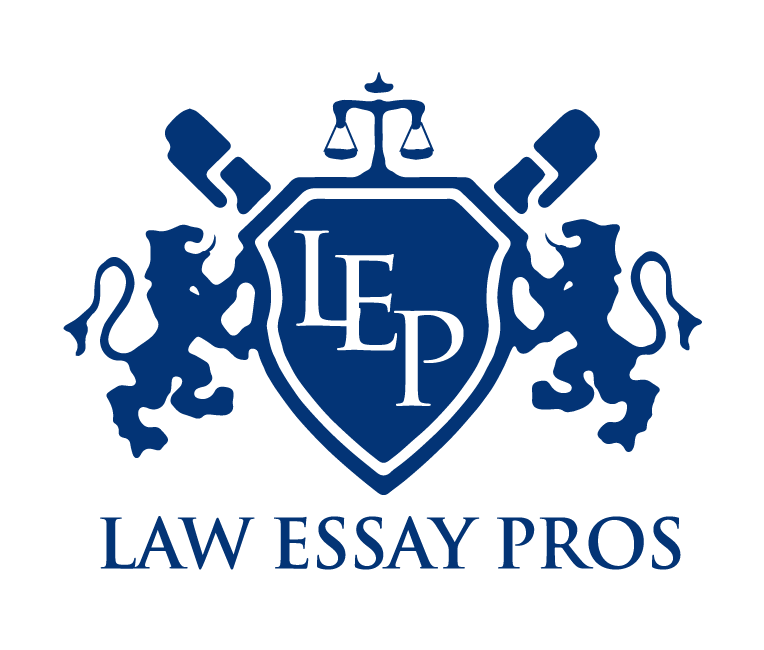UK Internet Technology, Media And Cyber Law Essay Writing Services Are Here

Students studying IT law must deal with the challenge of choosing a subject. By focusing on the outline of the issue, they make things worse. Don't worry if you have difficulty writing academic essays on internet technology law. Our qualified IT law essay experts can always guide you with legal essays on cyber or internet technology. We support you with a high-calibre UK IT law essay writing service. So, if you are searching for help with media or cyber technology online law essays in the UK, you are on the right site.
Our panel of IT law essay experts, all PhD holders with over 8 years of experience providing IT law essay writing services, has contributed to our success. They possess the ideal skills and search data to enable us to quickly offer professional assistance in writing internet or cyber technology law essays, thus supporting educational success in IT or cyber law.
Technology Law Essay Writing Services UK
Our experience includes attempting over 9,000,000 information media and technology law essays, assignments, tests, and quizzes. As a result, we have developed the assets and expertise necessary to provide our clients with technology law essay helpers who guarantee their distinctiveness.
For your information media and technology law essay, you don't need to worry about coming up with a topic since our technology law essay assistant will work on it immediately and finish it on time, ensuring you get the marks you need.
We provide the best IT Law essay writing services. We consider the budget that our customers can afford to use our University IT Law essay help. We aim to offer our customers high-quality IT Law essay assistance at an affordable price.
If you say, "Write my law essay", don't worry. Our cyber security law essay experts are always here for you. We offer technology law essay writing services 24/7. So, you can order a technology law essay online without fear.
Technology Media, Cyber And Internet Law Essay Support Guidelines
The EU law influences the UK's information, media, and technology laws. To establish a single global marketplace, the EU has developed legislation covering fixed and wireless telecommunications, internet services, and broadcasting and transmission services.
Regardless of the type of information carried, the judicial framework covers transmission systems that allow the transmission of signals by wire, radio, optical, or other electromagnetic mediums, such as satellite networks, fixed and mobile terrestrial networks, electricity cable systems, radio and television broadcasting networks, and cable television networks.

Fundamentals Of Technology Law;
Information, Media, and Technology law does not have a particular legislative framework; its foundation consists of four significant aspects that allow legal authorities to set rules and regulations regarding information, media, and technology law.
1. Regulations:
In the United Kingdom, Ofcom is the independent communications regulator. Although the Department for Digital, Culture, Media, and Sports is in charge of several first-class policies, Ofcom is in charge of developing and implementing the most significant policy initiatives. The Advertising Standard Authority has primarily taken over Ofcom's responsibilities in terms of advertising regulation (ASA). The Non-broadcast Code is written and updated by the Committee of Advertising Practice, whereas the Broadcast Code is written and updated by the Broadcast Committee of Advertising Practice.
In the UK, Ofcom is the independent communications authority.
2. Regulated Activities:
Ofcom oversees and regulates the licensing of a wide range of activities, including mobile telecoms and wireless broadband, broadcast TV and radio, postal services, and radio spectrum usage, to name a few. The bodies of law modernized the communication system to strengthen it, which will help the public connect without any hurdles.
3. Telecom Regulation:
After Brexit, the UK government based its regulations on communications services on the 2003 Communications Act.
The Communication Act helped the UK establish "General Conditions," "Significant Market Power Conditions," and "Universal Service Conditions" to control telecom companies and advance the public's interests. However, the Act and the Broadcasting Acts place various restrictions on media regulation regarding who can possess or control broadcast permits. No laws prohibit people not founded or located in the EEA from having broadcast licenses.
4. Ownership and Market Access Restrictions:
No limitations on foreign ownership apply to authorization to supply telecommunication services; however, the Act allows the Secretary of State to order Ofcom to stop or restrict services in the interest of national security.
Contact us and place an order for cyber, information, media or internet technology law essays from the best legal academic writers online in the UK.











